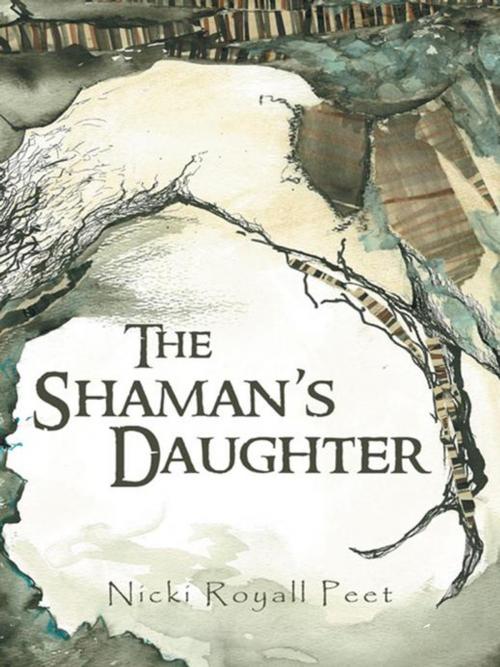The Shaman’S Daughter
Nonfiction, Religion & Spirituality, Philosophy, Mind & Body, Fiction & Literature, Historical| Author: | Nicki Royall Peet | ISBN: | 9781491722091 |
| Publisher: | iUniverse | Publication: | February 4, 2014 |
| Imprint: | iUniverse | Language: | English |
| Author: | Nicki Royall Peet |
| ISBN: | 9781491722091 |
| Publisher: | iUniverse |
| Publication: | February 4, 2014 |
| Imprint: | iUniverse |
| Language: | English |
When a new highway forces a North Carolina church to relocate its cemetery, a century-old mystery of major significance to its Cherokee neighbors is also unearthed.
Now both communities must work together as the high price of progress tears through sacred land. The church enlists their Cherokee neighbors to assist with the relocation efforts, and the crew makes a startling discovery. The resulting investigation uncovers important information about the residents past and creates an unexpected link across history in the stories of Cistoo and Lokie, two young Cherokee women.
Cistoo, born in 1790, had a dream. Not even the loss of her parents when she was a child and tribal shunning could stop her from becoming the first female shaman of her nation. Lokie, a contemporary Native American teen, likens the so-called progress to the dislocation of her people by the American colonists. These two young women from different centuries each come of age in the pursuit of shamanism and social justice.
Can the answers to the modern graveyard mystery include redemption for both women?
When a new highway forces a North Carolina church to relocate its cemetery, a century-old mystery of major significance to its Cherokee neighbors is also unearthed.
Now both communities must work together as the high price of progress tears through sacred land. The church enlists their Cherokee neighbors to assist with the relocation efforts, and the crew makes a startling discovery. The resulting investigation uncovers important information about the residents past and creates an unexpected link across history in the stories of Cistoo and Lokie, two young Cherokee women.
Cistoo, born in 1790, had a dream. Not even the loss of her parents when she was a child and tribal shunning could stop her from becoming the first female shaman of her nation. Lokie, a contemporary Native American teen, likens the so-called progress to the dislocation of her people by the American colonists. These two young women from different centuries each come of age in the pursuit of shamanism and social justice.
Can the answers to the modern graveyard mystery include redemption for both women?















